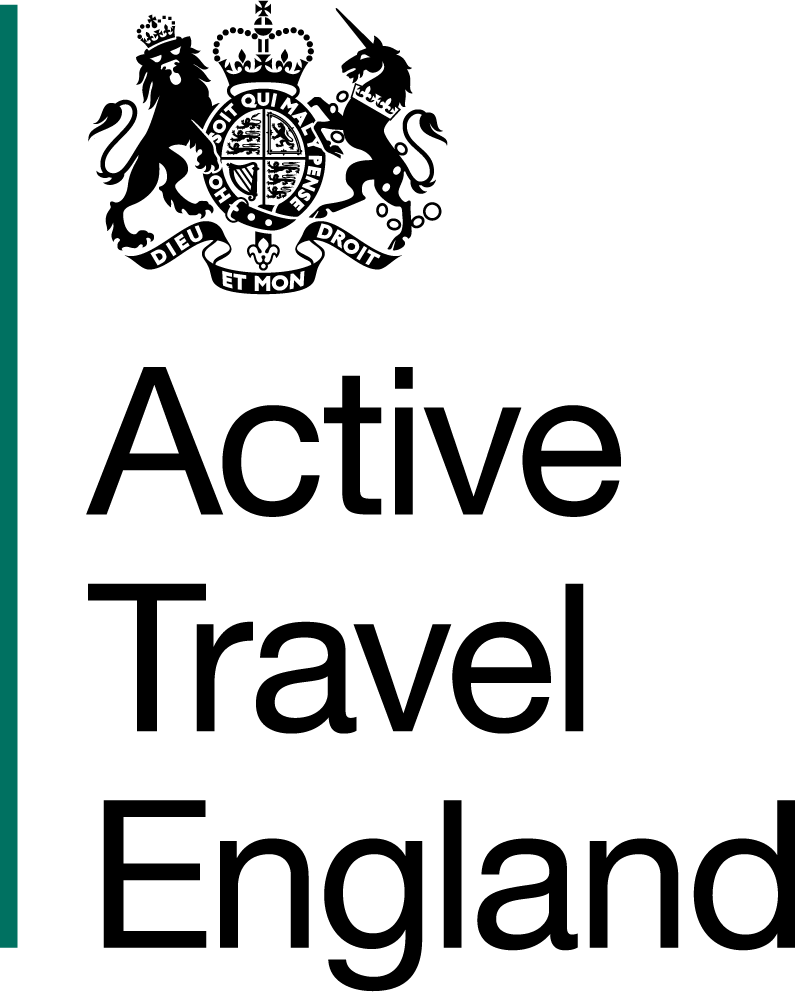The Bikeability Trust has released new research conducted by TRL that highlights the critical role of Bikeability cycle training for children in local road safety strategies.
You can read the full report here and see more related research on our Research and Insights page here.
Statistical models examining data from 2013 to 2022 found a statistical association between Level 2 training and fewer overall KSIs (killed or seriously injured) and cyclist KSIs. This indicates that English local authorities with higher levels of Bikeability training are linked to experiencing lower rates of serious road injuries and fatalities.
From 2022 to 2023, reported pedal cycle casualties decreased by approximately 4.4%, suggesting an overall improvement in cyclists’ safety on English roads.
The Bikeability Trust’s Level 2 training equips children in Years 5 and 6 with essential skills for riding confidently on suburban roads with moderate traffic, marking their first experience with on-road cycling education. Before progressing to Level 2, children complete Level 1, a course in a traffic-free setting that teaches core cycle control skills.
Since the programme’s inception in 2007, over 5 million children have participated in Bikeability training, a national initiative backed by record government funding to deliver over half a million placements annually.
The Bikeability Trust Chief Executive Emily Cherry said: “Our research demonstrates how important Bikeability is an integral part of road safety measures for local authorities, along with increasing cycling rates. Bikeability training teaches the four key skills for cycling: observation, communication, positioning and priorities. These vital skills are key to reducing KSIs on the roads involving cyclists. Failure to look by driver or rider is the number one reason for traffic incidents and why our teaching is proven to increase safety through hazard perception and risk management. The government has an ambition to increase active travel for health and climate, and so Bikeability plays a vital role in keeping cyclists and other road users safe.”
Key Report Learnings:
- Cycle Training Cost Efficiency: Level 2 Bikeability training is a highly cost-effective intervention with substantial national reach. With increased funding—especially timely given the recent autumn budget announcement—authorities could expand Bikeability’s impact.
- Deprivation Impact: Higher levels of deprivation are significantly associated with increased rates of KSIs, indicating that socio-economic aspects play a critical role in road safety outcomes.
- Concentrations of deprivation exist in cities like Liverpool, Birmingham, and Leeds, coastal areas, and parts of East London.
- 345 out of 543 constituencies in England contain at least one small area that is among England’s 10% most deprived.
- Traffic and Safety: Increased traffic is linked to a rise in KSIs, emphasising the need for effective traffic management.
- Urban Challenges: Urban areas generally experience higher KSI rates than rural locations, underscoring the unique challenges faced in densely populated regions.
As The Bikeability Trust promotes cycling safety, it’s also essential for drivers to stay informed about changes to the Highway Code designed to protect cyclists. Research by the AA shows that 42 per cent of drivers haven’t heard of the ‘hierarchy of responsibility’, and 12 per cent think that it’s not true.
The report is being released during Road Safety Week, led by Brake, the road safety charity. This year’s campaign focuses on supporting road crash victims and their families, raising awareness about the impacts of road tragedies, and highlighting the vital work of those who provide support after fatal or serious incidents. To get involved in Road Safety Week, individuals and organisations are encouraged to sign up and take part in this essential advocacy and awareness effort.
The Head of New Mobility at TRL Dr George Beard said: “Determining the causes of road traffic collisions is highly complex as there are a great number of factors which contribute to road safety, both at a national and individual level. To our knowledge, this is the first study which has explored the relationship between the provision of Bikeability training and KSI road traffic collisions, and The Bikeability Trust are to be commended for looking at this. The work provides initial indications that increased Bikeability training (Level 2) is statistically associated with fewer KSIs, alongside a number of other factors, such as deprivation and traffic levels, which we would expect to be identified in these sorts of models. These initial results are encouraging and suggest that Bikeability training may have a broader role in improving road safety outcomes in the long term. We encourage further detailed analysis with a larger dataset in future in order to test and strengthen these initial findings.”
The Campaigns Manager at Brake Lucy Straker said: “Our vision is a world where no one is killed or hurt on the road, and we support the safe system approach to achieving this – where all components of the road system work together to stop crashes and reduce harm. This Road Safety Week, we’re pleased to hear about Bikeability’s findings and the part they play in improving road safety for young cyclists.”

